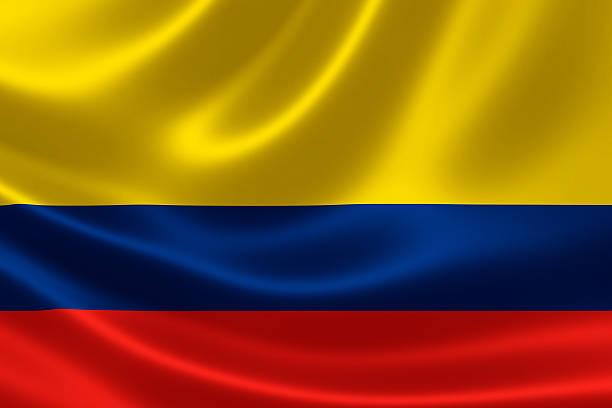Only a few days ago we reported on the release of 222 political prisoners from Nicaraguan prisons. Now less than a week later, new, very concerning news reaches us from the country.
On Wednesday February 15, Nicaraguan Appeals Court Justice member Ernesto Rodríguez Mejía declared that the state will immediately cancel the citizenship of 94 political opponents. Rodríguez Majía stated that the 94 individuals were "traitors" and accused them of "spreading false news" and planning a "conspiracy to undermine national integrity." Next to the repealing of citizenship, Rodríguez Majía said that all their properties will be confiscated. It is still unclear under which law the journalists, activists, politicians and former Sandanista rebels were stripped of their citizenship, but a law which would allow the procedure is currently being debated in the National Assembly. However, so far the law has not been approved and can't be used as a legitimization. Many legal experts and activists call the step a political move and suggest that it violates international law. In 1961 the Nicaraguan government, together with many other nations, signed a UN treaty which states clear rules to prevent statelessness. The treaty includes a prohibition of "deprive[ing] any person or group of persons of their nationality on racial, ethnic or political grounds."
Targets of the most recent move are widespread and even include members of the Sandinistas guerillas and Sandinista government, many of whom got disillusioned in the 1990s and distanced themselves from the government leadership.
Although a large number of the targeted individuals fled into exile after the 2018 crackdown on political opposition and nongovernmental organizations, the consequences for those still in the country are unclear.
For the 222 released and expelled a similar story unfolded. All were stripped of their nationality and declared enemies of the state. Shortly after the deportation of the individuals, the Spanish state made an offer for an unrestricted citizenship, while the United States is offering two years of temporary protection.




